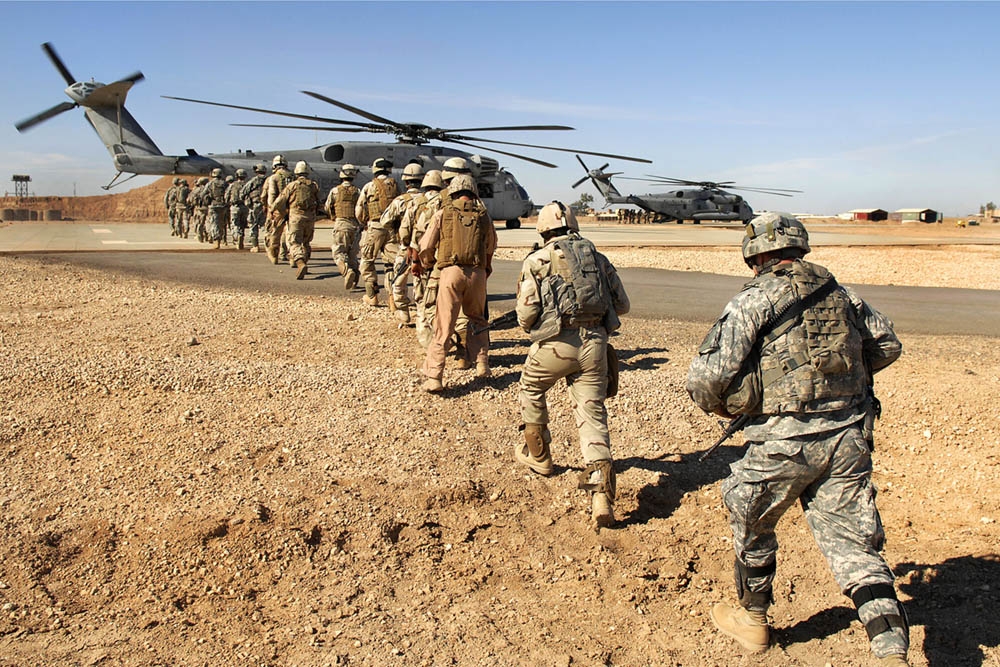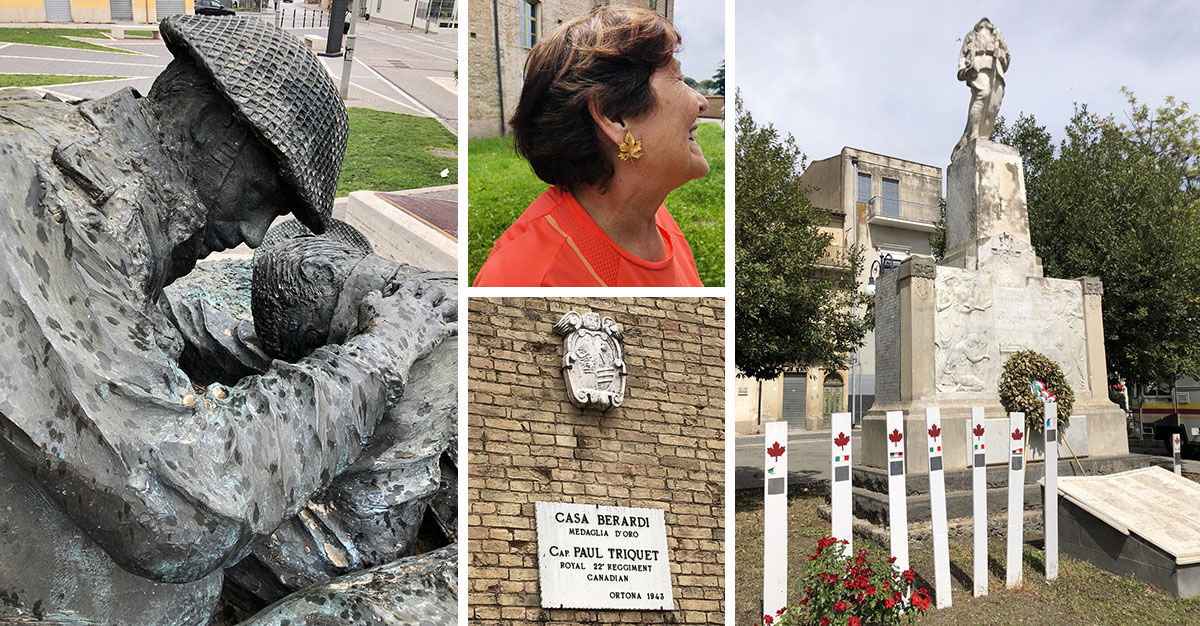
Why ISIS and its friends must be opposed
On the eve of the outbreak of the Second World War, and even for a while in its early stages, many in Canada were opposed to going to war. While amongst them, there were a few proto-Nazis and Nazi sympathizers, the vast majority were merely isolationists, pacifists and some on the left who viewed the entire conflict as a collision of capitalist regimes and unworthy of their attention. These folks wished Canada to avoid the great tragedy of another European war and saw events an ocean away as beyond our concern. The reaction of the left had also been complicated by the Hitler-Stalin Pact, which for a time put the majority of the Canadian communists (but not all) in the anti-war camp, and some socialists followed suit.
In the aftermath of the war and the Holocaust, these early opponents of our involvement were routinely characterized as despicable and deeply venal. They carried the stigma of their implicit association with great evil for the rest of their lives, often resulting in family estrangement and social isolation.
Most of these folk were not evil (though some were). Most were just wrong. In the banality of their analysis, they misjudged both the great resolve and the great evil of the opponent. The judgement of history lies harshly upon them, perhaps too harshly. Surely most of them would have wished to stop the Nazis early if they had been able to imagine what was to come.
That was three-quarters of a century ago, and almost all of those folks are gone now. But today, a new generation of moral relativists, isolationists, pacifists and a sprinkling of other well-intentioned naïve folk are engaged in setting themselves up for the same sort of disastrous misjudgement. But this time, the analysis is even more difficult and the setting murkier because of the breakdown of the Westphalian system and the rise of proto-states and broadly distributed non-state actors who nonetheless do share a common worldview, broadly defined. At this moment, the apex of this new great evil is the proto-state known variously as IS, ISIS or ISIL. Whilst it is the most brutal, active and visible local franchise of a transnational movement, there are plenty of other less flashy foci. That movement is an anti-democratic and totalitarian one, espousing ethnic cleansing and genocide, and which considers armed force to be the political tactic of choice, even (or especially) where voting is an alternative. Like the Nazis, it claims to be bringing into effect a natural destiny, but in this instance, it mounts a religious justification for its evil policies and programs by aligning them with an extreme interpretation of Islamic law and belief.
Furthermore, much of the Islamic world has, until recently, been of two minds about actively and vocally opposing such views, which can have at least minor resonance with their own history, traditions and current practices.
In Canada, our legitimate desire to be tolerant and inclusive, which has become a Canadian political touchstone (though of very recent origin), has given succor to the moral relativists who see all belief systems as notionally equal. They aren’t. Variants of belief systems which are anti-human will eventually fail, but they must be opposed. However, to do so requires first the acceptance of the idea that evil actually exists. Some have trouble with that idea.
But most accept that, in this era of undeclared wars and near-wars, Canada is at war with IS (or whatever we call it) and its clones, analogues and enthusiasts. It is popular in some circles to be stylishly pessimistic about any action in the Middle East, and this stylish pessimism (“That area will never change”) is reinforced by a subtle racism which hints that the Kurds, or perhaps the Iraqi Yazidis, Christians, Shia and moderate Sunnis, are less worthy of our help in their fight against IS than were the French, Belgians, Dutch, British, Poles, etc., in their fight against the Nazis.
So we are in a state of proto-war against a proto-state, which fronts for a worldwide movement seeking to expunge democracy, pluralism, and any sane view of human rights. But that proto-war is acceptable to some of us only in so far as no Canadian is lost, and it fits within a peacetime defence budget. Neville Chamberlain and the Cliveden set would be so proud.
But it will soon become apparent that we must become more resolved, or later generations will view us as appeasers too.
Re-published from On Track, the Conference of Defence Associations Institute magazine.









